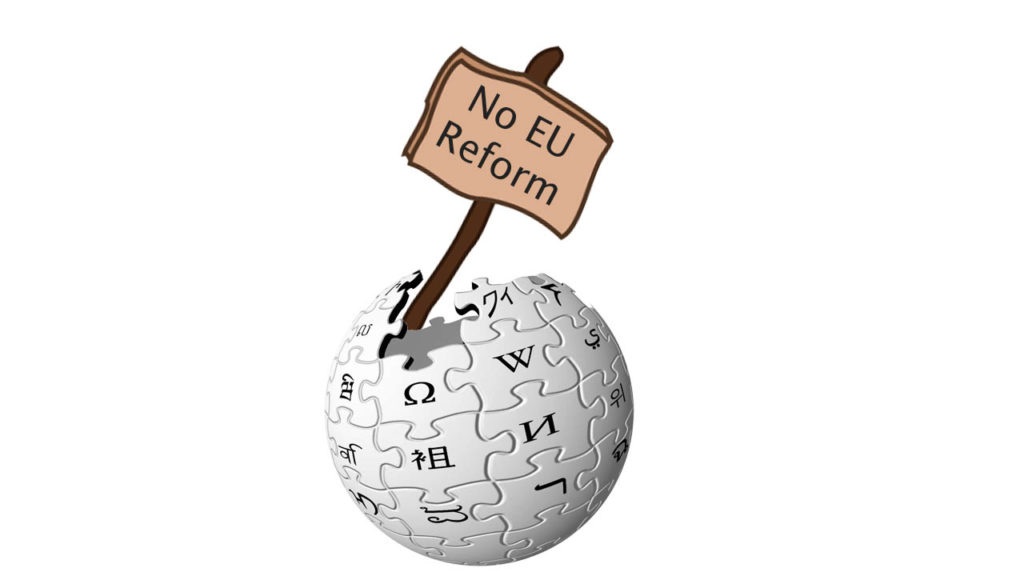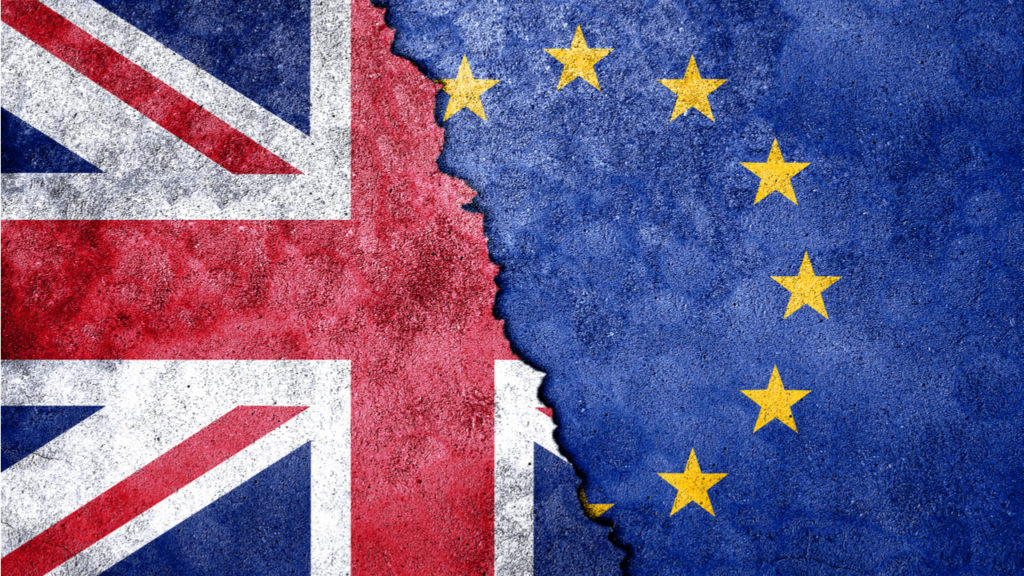British game developers play an absolutely vital role in the global video game industry. They’ve produced everything from classic games like Rare’s Donkey Kong Country and Banjo-Kazooie to modern day megahits like Rockstar’s Grand Theft Auto V. The British game industry has always made a huge splash critically and commercially.
However, Brexit looms over the industry, larger and more ominous than any final boss. While Brexit is a controversial and complicated issue with many moving parts, it deals a straightforward and heavy blow to the British gaming industry.
How Brexit hurts the British gaming industry
Say goodbye to data protection laws
If the UK votes “no deal” with the EU, meaning that the two parties did not reach a formal agreement on trade and other matters, the UK will fall out of the jurisdiction of the General Data Protection Regulation (GDPR). Briefly summarized, the GDPR is a ruleset introduced and applied through the EU that seeks to create standardized guidelines on how personal data is accessed and handled.
This has many ramifications in regards to video games. Game companies will not want to deal with the potential entanglement of data between players who fall under the GDPR and those who don’t. So players will be prevented from playing together in online lobbies. Online retailers like Steam or Origin will have to revise how many aspects of their software work, such as anti-cheat, creating headaches for them and inconveniences for British players. Even simple features for online games like stat-tracking will be affected by this discrepancy.

Why did Wikipedia protest the EU?
Find out nowThe game industry is global; Brexit would leave Britain in the dust
Video games are more popular than ever, and that phenomenon is reflected globally. Gaming culture transcends borders and languages, and the tools available to today’s developers are both accessible and powerful. The British gaming industry, in particular, is known for collaborating with international publishers and developers, making the industry one that is more closely linked with international accessibility than other sectors.
Brexit’s elimination of free movement between the UK and EU territories limits their access to the highly sought-after EU workforce. Workers from EU territories alone comprise over 34% of employees in British game companies. Without free movement, the immigration for all of these employees becomes uncertain, foreshadowing a legal and economic disaster for British game developers. A severe lack of manpower could cause developers and publishers to undergo massive downsizings, causing revenue to be lost and games to be canceled.
The British gaming industry was clearly built on the backbone of an open, diverse, and internationally driven workforce. This backbone will be ripped out by Brexit, putting the acclaimed and skilled British gaming industry in a worse position than its ever been. Even though it’s been reported that over 80% of British game developers voted to remain in the EU, they will soon be forced to adapt to the uncomfortable new problems brought to their industry through Brexit.


